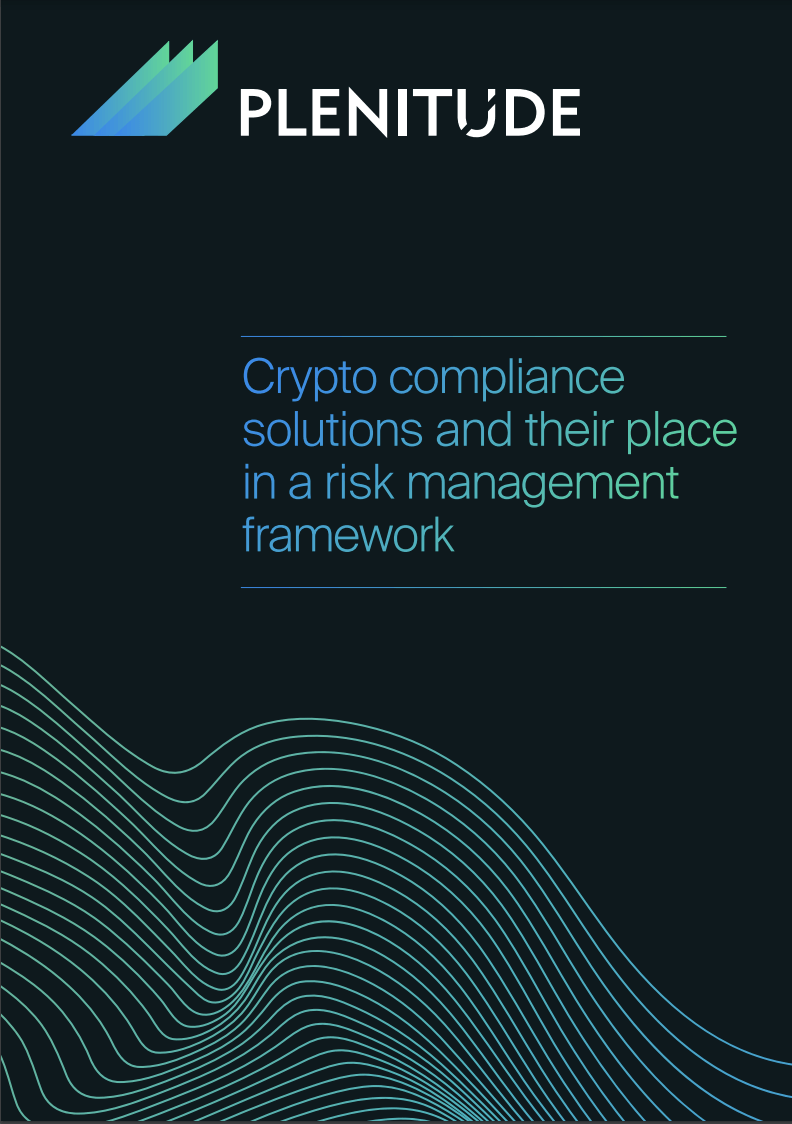It is increasingly clear that the blockchains on which bitcoin and other cryptoassets transactions are recorded are a valuable forensic tool that is being used more widely by law enforcement and the intelligence community to identify and disrupt illicit activities. This also opens up opportunities for traditional finance (TradFi) firms and cryptoasset providers to deploy more effective preventive, investigative and forensic capabilities in order to detect, deter and prevent financial crime.
Capitalising on the intelligence that blockchains provide, an entire sector has sprung up to utilise this information, turning it into actionable data for law enforcement, regulators, compliance teams and investigators.
Conclusion
It is evident that crypto compliance solutions are essential in the industry’s efforts to more effectively combat illicit activity and financial crime. As crypto adoption increases, more players seek to enter the industry and the regulatory framework evolves, incumbent firms and new entrants will be required to upgrade or deploy new crypto compliance solutions. The number of crypto compliance solution vendors in the marketplace continues to increase at pace with over a dozen players, which presents a challenge to firms when seeking to select a vendor.
Therefore, firms need to fully understand the risks they are seeking to mitigate and comprehensively define their requirements and use cases, in order to effectively assess the multitude of crypto compliance solutions that exist. This can take significant time and effort, and if the wrong solution is selected, can result in wasted investment or a solution that does not fully address the risks or requirements of the firm.



 Manuel Fajardo
Manuel Fajardo
 Plenitude Insights
Plenitude Insights Digital Assets
Digital Assets Digital Assets/Crypto
Digital Assets/Crypto AML/CTF/CPF
AML/CTF/CPF



